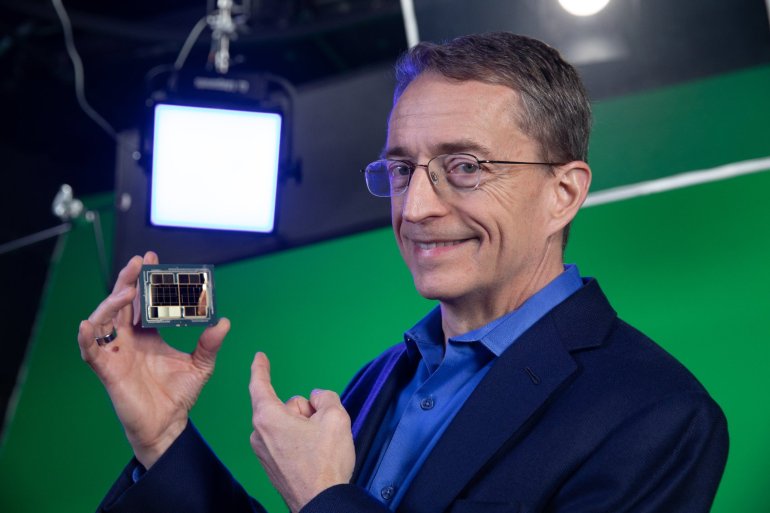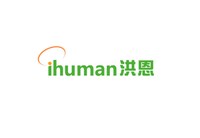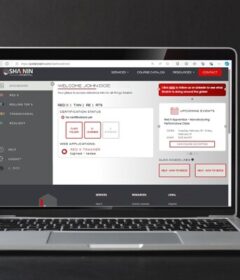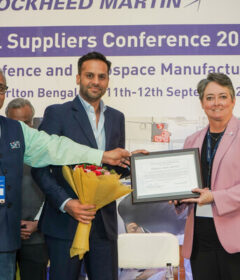Intel CEO Wants Apple Back As a Customer

Intel CEO Pat Gelsinger has his sights set on regaining Apple as a customer, thanks to Intel’s planned factories in Arizona.
Apple made headlines when it announced it would be transitioning its Mac platform to its own custom silicon, based on Arm designs. Previously, Apple used its own custom silicon in iPhone and iPads, but relied on Intel’s chips for its Mac computers.
Unfortunately for Intel, the company was no longer able to meet Apple’s needs. Intel’s chips increasingly started falling behind rival AMD’s semiconductors, and failed to keep up with the power savings and performance Apple was able to achieve with its custom silicon.
To make matters worse, Intel had some high-profile issues with quality control. In fact, according to former Intel engineer François Piednoël, at one point Apple was finding almost as many bugs in Intel’s chips as Intel’s own team — not a good way to convince a company to stay with your products.
“The quality assurance of Skylake was more than a problem … It was abnormally bad,” said Piednoël. “We were getting way too much citing for little things inside Skylake. Basically our buddies at Apple became the number one filer of problems in the architecture. And that went really, really bad. When your customer starts finding almost as much bugs as you found yourself, you’re not leading into the right place.”
Despite losing Apple, Gelsinger is intent on getting them back, if not as a customer of Intel’s in-house chips, then as a manufacturing customer.
Intel’s new factories are being built in Arizona with the goal of challenging TSMC, the company Apple currently uses to manufacture its chips, and bring more semiconductor manufacturing to the US. As a result, Intel is positioning itself as an alternative manufacturing partner, giving companies like Apple, Qualcomm, Nokia and Microsoft another option and a way to diversify their supply chain.
In an interview with Yahoo Finance, Gelsinger laid out his hope.
Apple is a customer, and I hope to make them a big foundry customer because today they’re wholly dependent on Taiwan Semiconductor. We want to present great options for them to leverage our foundry services, as well, just like we’re working with Qualcomm and Microsoft to leverage our foundry. We’re going to be delivering great technology, some things that can’t be done anywhere else in the world.
In an interview with BBC News, Gelsinger emphasized it wouldn’t be an easy sell, and Intel would have to demonstrate that it could successfully meet customers’ needs.
Everybody wants multiple suppliers. So we think there’s very real potential. But I have to earn that business. I have to be able to go to my competitors and be able to say: “I want you to become my customer.”
And that also includes Nvidia, Qualcomm and Broadcom, in addition to Microsoft and IBM. I want all of them to say: “I need more technology… and I trust that Intel is going to become one of my key suppliers.”
And that includes Apple as one of the biggest users of advanced semiconductor capabilities.
Gelsinger certainly doesn’t lack for ambition in his efforts to turn Intel’s fortunes around. It remains to be seen if he and Intel can deliver the goods.



